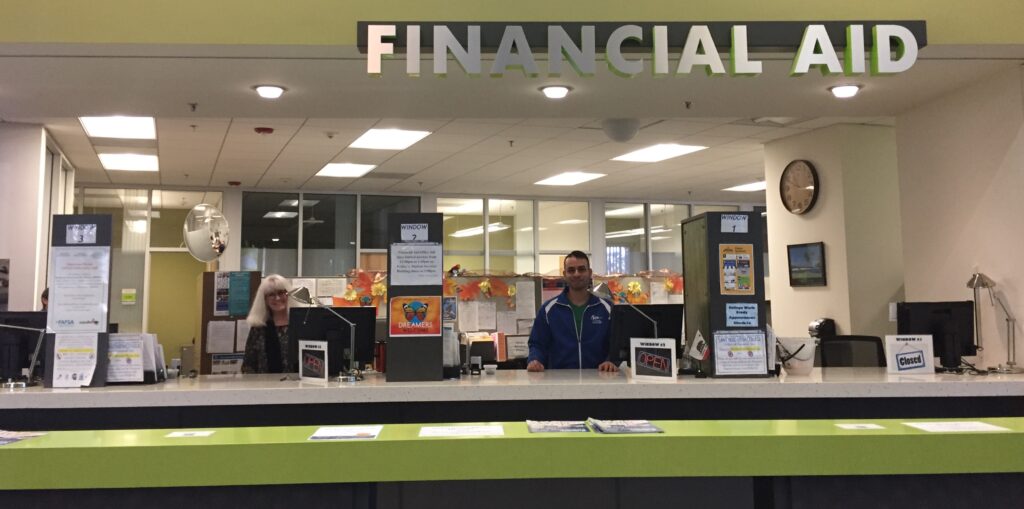Learning your major and potential job path, becoming more self-reliant, and making connections with individuals from all over the world are all things that may be accomplished quickly while you’re still in college. However, most university students have serious gaps in their knowledge of personal finance. How much might you expect your quarterly housing costs to be? Is living off-campus a cost-effective option? The choice is yours. But you must make a spending plan! Let’s have a look at a few tips & tricks down below!
Living Off-Campus in NY: Budgeting and Financial Tips for Students – 2024 Guide: Top 7 Tips

Source: bard.edu
1. Be smart about your roommates
When choosing a roommate, keep in mind that the ideal roommate differs from the ideal going-out partner. Make sure they are orderly, dependable, and a good fit for you. They should be reliable & easy to get with. Before making any judgments, ask them about their study habits (do they like music or silence? ), their schedules (do they prefer the mornings or the evenings? ), and their interests (do they like to cook?) Party? Do they smoke?”). This is something you should be aware of now, not later. A serious roomie who also has a job will make your life & expenses a whole lot easier.
2. Money-saving tips

Source: nypost.com
Throughout your academic career, find grants and scholarships to lower your tuition costs. Look into several scholarships available to New York citizens. Take classes at cheaper community colleges in New York to earn credits that transfer to four-year universities. To save money on your meal plan, stock up on healthy snacks or learn to cook. If you are struggling with your finances, follow and apply the following tips:
- Find less expensive school supplies by perusing bargain or thrift shops. You can save money if you buy in bulk and then divide the cost with your buddies
- Search online for used textbooks or explore options to rent your books
- Join on-campus organizations or clubs to get discounts on enjoyable outings that help you improve your resume.
- Try to walk, cycle, skateboard, or use public transportation, instead of spending gas money
3. Watch your lock
Before moving in, make sure to ask your landlord if the flat has new locks installed since the last tenant left. No one wants to experience or go through some shady situations. Check your contract for lock-related instructions if you haven’t already. If you need new locks installed on your front door, look for a locksmith. To find a trustworthy locksmith in your area to install your new lock, you can look them up on Yelp. Your landlord will probably want a spare key as well, just in case.
PS: If you are looking for off-campus student housing options and you are in NYC, we got your back! Outpost Club offers convenient short-term housing so you can make the most of your educational opportunities while you’re in New York, whether you’re here for a summer program or during the school year.
4. Break down your income

Source: sdmesa.edu
The fundamental guideline for budgeting for college students is to spend less than you make. The following three elements, according to the Federal Student Aid Office, can influence how much money you have coming in each semester:
- Family support in the form of financial donations applied to your college expenses
- Financial aid available for paying for the school includes grants, loans, and scholarships
- How much do you earn and how many hours do you put in at your part-time or federal work-study job
Refunds may be set away for a future purchase or applied to the cost of textbooks. Before spending your refund, make sure all of the costs on your student account have been paid.
5. Thrift time
Don’t go on unplanned shopping binges for clothes since the interest on your credit card is eating away at your savings. You, the online shopper, should also abandon your ridiculously high cart total and instead search sites like eBay and Amazon, as well as your local high street, for perfectly serviceable previously owned things. Books are pricey too, but there are less costly alternatives to getting the information you need. Consider visiting a bookshop with a lending library or borrowing textbooks from more advanced pupils. Nowadays, you can learn quite a lot online + most books are available in a PDF format. You don’t need that many highlighters and notebooks, especially if you have a laptop, so save your cash by not purchasing paper. Support the green movement to keep trees alive.
6. Have a plan B

Source: blog.suny.edu
I’m sorry to be the one to break it to you, but living off-campus has a whole new set of expenses. We’re talking about buying new furniture, and groceries every week, and restocking necessities like toilet paper in addition to paying for utilities, which can quickly mount up. This can lead you to reconsider your financial planning methods. It’s much simpler than it sounds to do it well. You should be aware of your budget for your first apartment to help you effortlessly balance the cost of living away from the university.
7. Practice self-control
After living at home and not having to worry about money, international students find themselves suddenly responsible for their finances and begin spending money on whatever they want. That’s the very definition of the “broke college student” cliche coming true. It’s important to refrain from overspending now that you have more money available. Students should plan for the “what if” scenarios in which they are likely to frivolously spend money. Simply apply reason and determine if something is a need or a want before spending money on it. What if all of your friends want to do something really expensive for their spring break? If you go into it with the expectation that you may have to deal with something like this from time to time, you will be more prepared and less likely to see your finances get out of hand.























